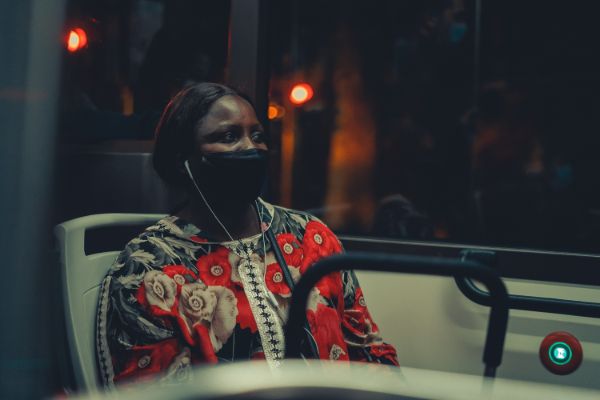Rash is a very broad term that is non specific in terms of diagnosis, there are many types of rashes with many sources of origin. In general terms rash indicates that there is a change in the appearance of the skin, typically discoloration with some form of inflammation which may or may not cause redness, itching, and even pain to the touch. Dermatitis is the clinical term for a rash, but is just as non specific; it simply means inflammation of the skin and again is non specific in diagnosis.
Just as there are many types of dermatitis or rash, there are many sources of origin. Some types of dermatitis originate from an infection which may be viral, bacterial, fungal or parasitic. Other rashes may have a hereditary factor, be associated with an illness, or have an environmental or work related causation. A rash may also be brought on by stress or emotional distress, temperature or personal hygiene.
A rash or dermatitis typically is not contagious or serious in nature, such as poison ivy or heat rash, and usually clears up within two to ten days without treatment. However, some forms of dermatitis can be contagious when associated with an illness such as chicken pox, very painful and even debilitating temporarily, such as hives or shingles. For rashes that remain more than a few days, with fever perhaps, and particularly with an unknown source of origin, it is best to seek a medical professional (dermatologist) or your local urgent care center for a proper diagnosis and a treatment plan.
There are over 2,000 types of named dermatitis, skin rashes and diseases; obviously this article cannot possibly cover them all. The intent here is to give you a general knowledge of the sub classifications of the types of rashes there are and the best practice suggestions for how to deal with them. As with any ailment if you are uncertain as to the origin or type of rash you have, or it gets worse rather than better you should seek medical attention promptly.
Most rashes are not contagious to others around you, but there are some that are such as; ring worm (tinea corporis), jock itch (tinea cruris) and athlete’s foot (tinea pedis). Contagious fungal infections are spread by skin to skin contact, utilizing objects that are contaminated by an infected person, or contaminated towels, showers, gym equipment, clothing or linens. You should seek medical treatment immediately as a prescription antifungal medication is required to treat these afflictions.
Some Common Noninfectious Rashes:
- Atopic Dermatitis
- Contact Dermatitis
- Diaper Rash
- Drug Reactions
- Eczema
- Heat Rash
- Hives
- Poison Ivy
- Poison Oak
Treatment Options
Most rashes will resolve themselves on their own in a few days as long as you do not scratch them, not scratching can be difficult however. If you cannot keep from scratching you can complicate the rash and infection can occur. See your pharmacist as to which over the counter medication will be best to relieve itching for your particular type of rash.
If you are still unable to control the urge to scratch you should seek professional medical assistance at an urgent care center to prevent infection from occurring.
Noninfectious rashes typically can be treated with over the counter medications that your local pharmacist or healthcare provider can advise you on. Typically this would consist of non prescription medications like oral antihistamines, moisturizing lotion, and anti-itch hydrocortisone creams.
Treatment for fungal rashes (like poison ivy or poison oak) usually consists of topical antifungal medications which will produce the fastest relief and healing.
Avoiding allergy triggering substances such as; irritants, poison ivy, nickel (jewelry) latex, certain fabrics etc. will allow medications to begin the healing process and aid in relieving any discomfort.
In the instance of a rash caused by an adverse drug interaction, the obvious solution is to discontinue using the drug; however you should contact your physician first to inform him of the drug reaction and receive advice on stopping the medication, as some medications cannot to be stopped suddenly without your doctor’s assistance.
Rarely a drug reaction can be of a more serious nature, if you have an allergic reaction that causes swelling of the tongue and respiratory issues go directly to your nearest hospital ER or call 911.
If your rash does not improve with treatment in five to ten days, see your physician right away or local urgent care center.
